The Global Roots of Community Land Ownership
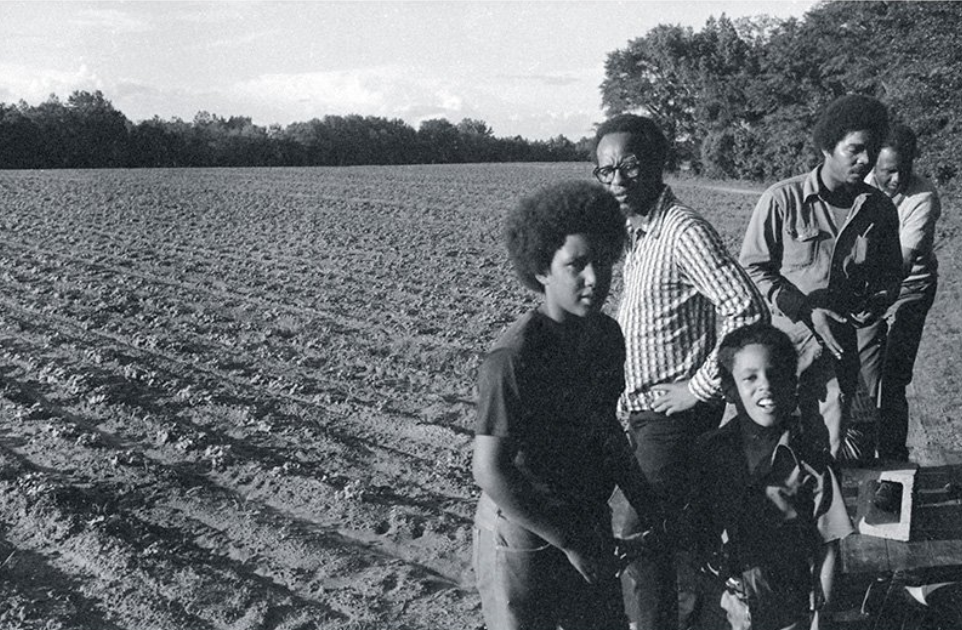
A CLT, according to Center for Community Land Trust Innovation, “is a nonprofit corporation that holds land on behalf of a place-based community, while serving as the long-term steward for affordable housing, community gardens, civic buildings, commercial spaces and other community assets on behalf of a community.” Like the Agrarian Commons, CLTs are based on the premise that land should be held and managed for the benefit of local communities.
Agrarian Trust Co-sponsored the 2022 Food Week of Action

Last week, food justice organizations around the country observed the Food Week of Action, an initiative led by Presbytarian Hunger Program. This year’s Week of Action had the theme People and Planet First, and centered the work of farmers, fishers, and other agriculturalists as they fight to build food sovereignty across the globe. As part of the Week of Action, participating organizations hosted events, actions, and worship services supporting this critical effort.
The Legacy of Land
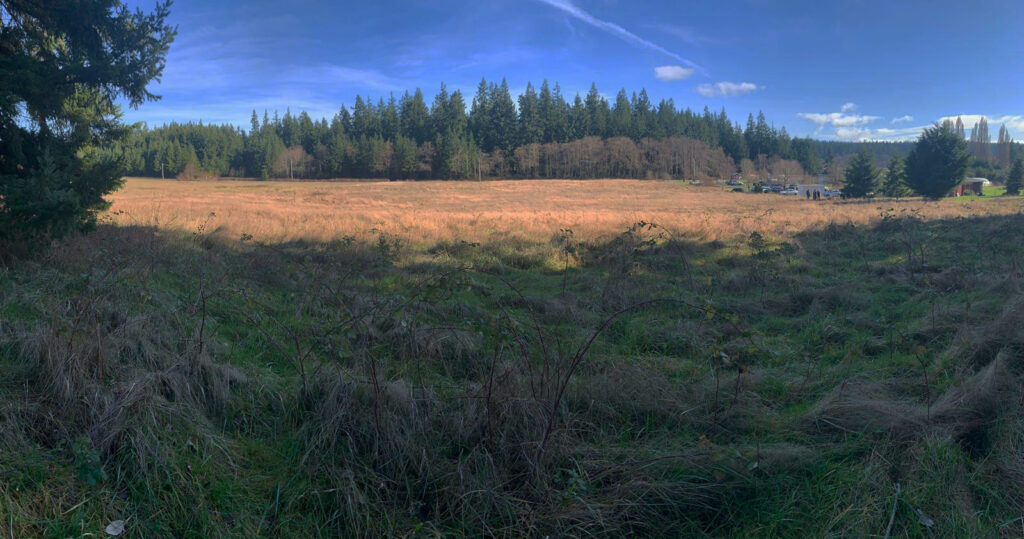
While these are the most common options donors use to transfer land into an Agrarian Commons, every donor is different. Agrarian Trust will work closely with prospective donors to ensure that they are able to make the gift in a way that best suits their needs, while continuing to support the Agrarian Commons. For example, donors can choose to donate only part of their land, or to spread their donation out over a couple of years in order to receive the optimal tax benefits. Nonprofits and land trusts are also welcome to donate land to Agrarian Trust.
Envisioning the Future of Black Seed Agroecological Farm and Village
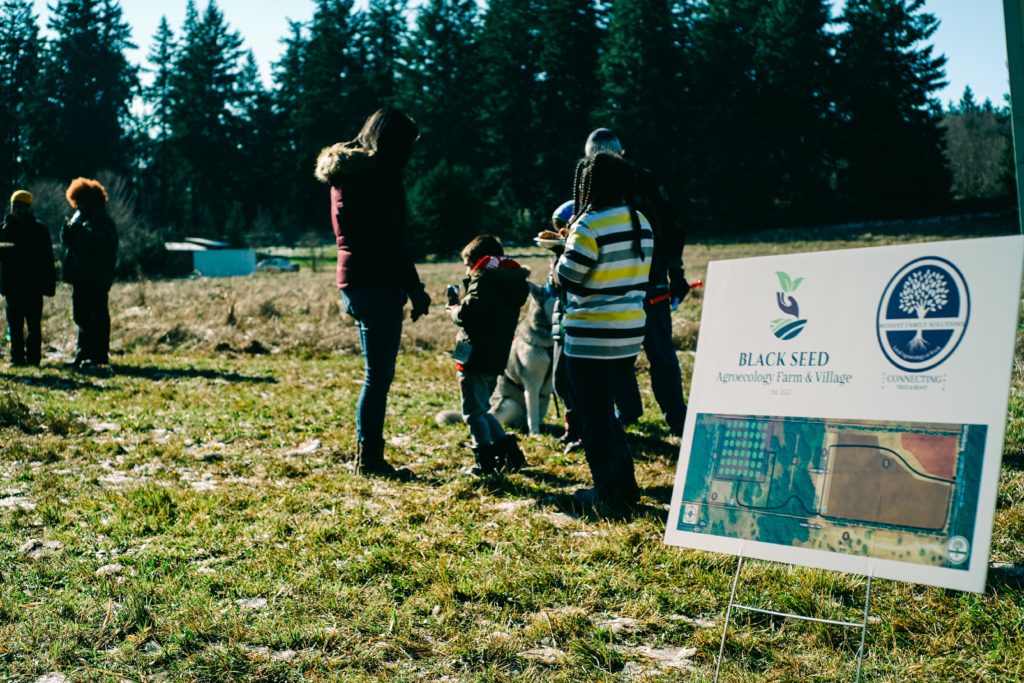
Black Seed Agroecological Village and Farm is still in the beginning stages of development. As is the case with most new farming operations, there’s a lot of work that needs to be done before the farm can begin operating at full capacity. New fields need to be cultivated, perennials planted, and new buildings constructed. Turner is currently working with the Washington State Department of Agriculture to define water rights on the farm, and to identify the source of surface water that covers part of the land.
Ensuring Donated Land Gets Managed Equitably
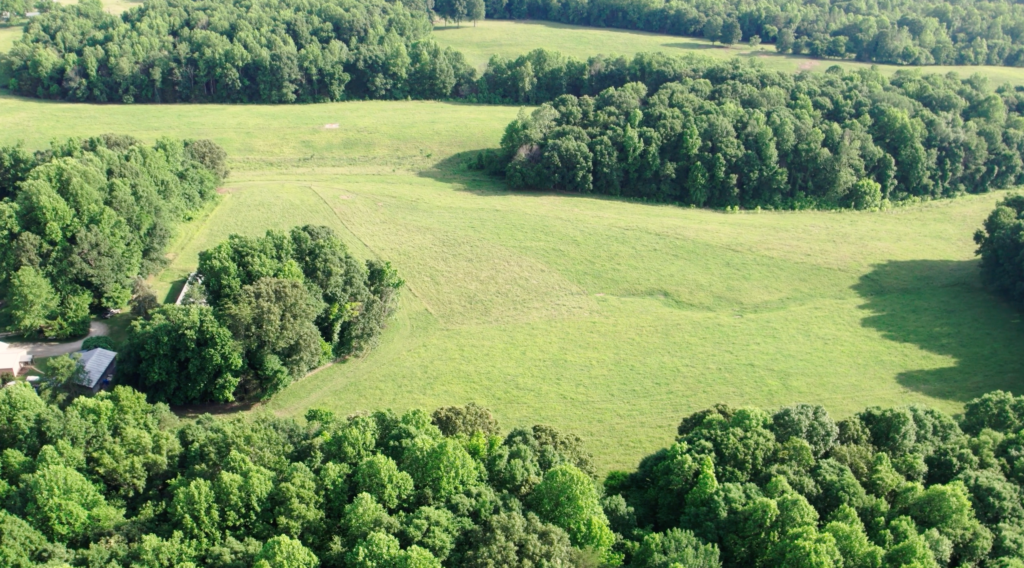
For Callie, successfully conserving agricultural land with issues of racial equity and environmental sustainability in mind took a lot of time and plenty of careful planning. After inheriting the land in 2015, Callie enrolled in classes at the local college and attended conferences on biological farming in search of farmers who shared her vision. Callie found a number of farmers who were interested in working the land, but only one couple was able to make a long-term commitment. Finally, after years of looking for a good fit, Callie and her husband found the Agrarian Commons model.
The Agrarian Commons, Land Stewardship, and the Racist History of Land Conservation

As a land conservation organization, it is important for Agrarian Trust to grapple with the racist history of land conservation, and to imagine new models of land stewardship rooted in racial equity and active care for the land. The Agrarian Commons model is a clear step in this direction.
Ostrom’s Eight Design Principles for a Successfully Managed Commons
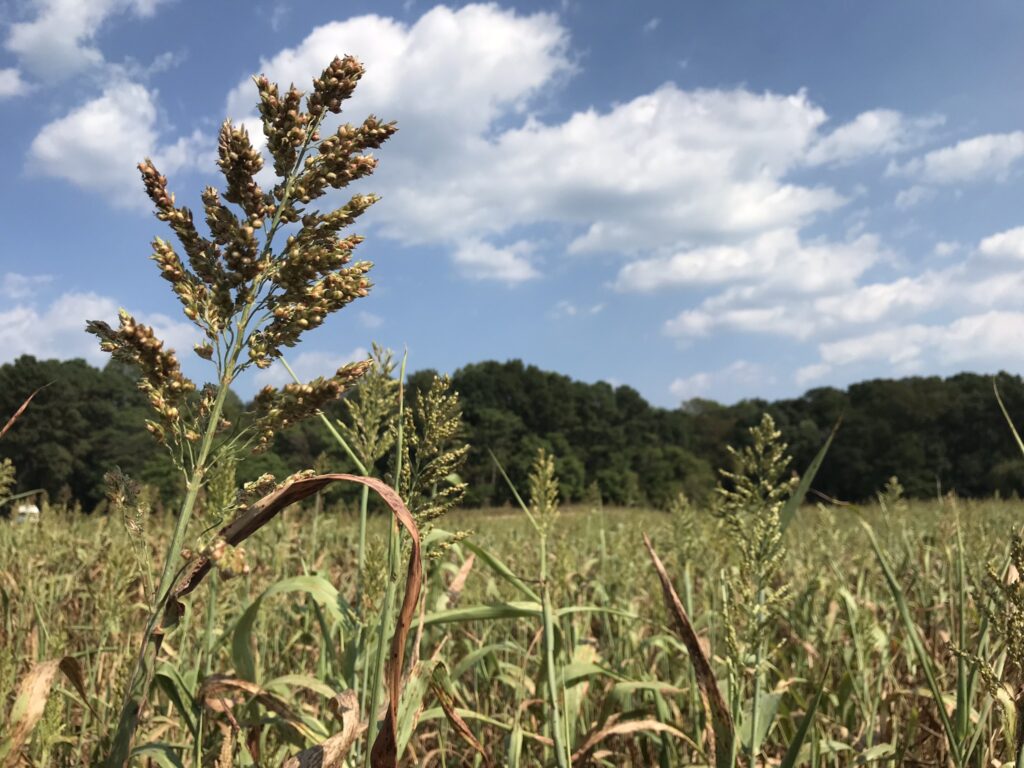
Torbel came to international attention in 1990, when Ostrom published her groundbreaking study of commons, Governing the Commons: The Evolution of Institutions for Collective Action. In the book, Ostrom argued against the dominant understanding of the commons, as exemplified by Garret Hardin’s Tragedy of the Commons, which held that the commons would inevitably—and tragically—be depleted by rational, self-interested actors. The existence of communities like Torbel was evidence enough for Ostrom that Hardin’s model was too abstract.
La Via Campesina
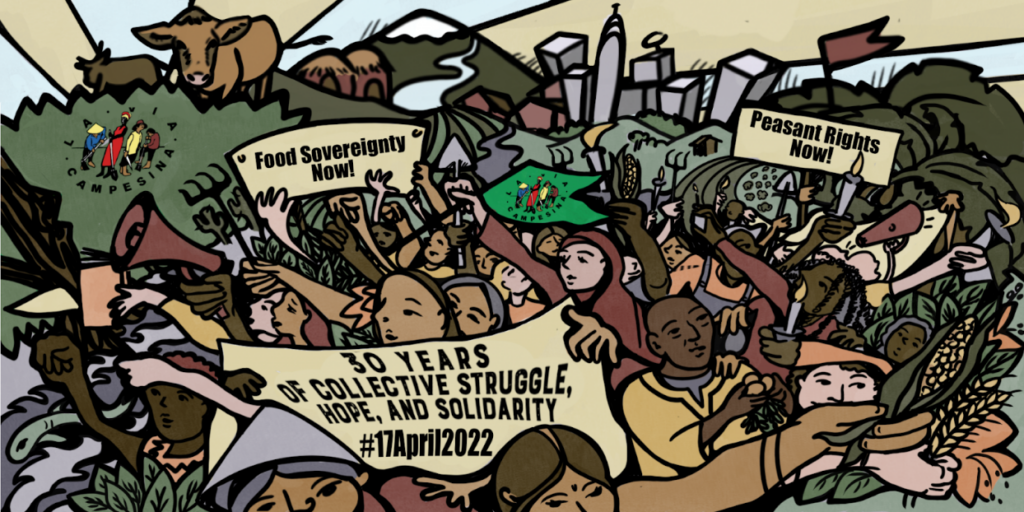
La Via Campesina coined the term food sovereignty in 1996, against the background of an increasingly globalized food system, which heavily favored large agribusinesses over small-scale farmers. The World Trade Organization (WTO) pressured countries to dismantle their local agricultural system, to lower prices, and become competitive on the global market. In order to drive labor costs down, farming became increasingly centralized, driving peasants and Indigenous people off their land at unprecedented rates. Aggressive copyright law and genetic engineering by large agribusinesses robbed peasants of their seeds, rendering them reliant on a volatile global market of pesticides and genetically modified organisms (GMOs). Cheap produce flooded local economies, destroying the livelihoods of farmers who were unable or unwilling to compete.
Restoring Native Pollinator Habitats with the Agrarian Commons
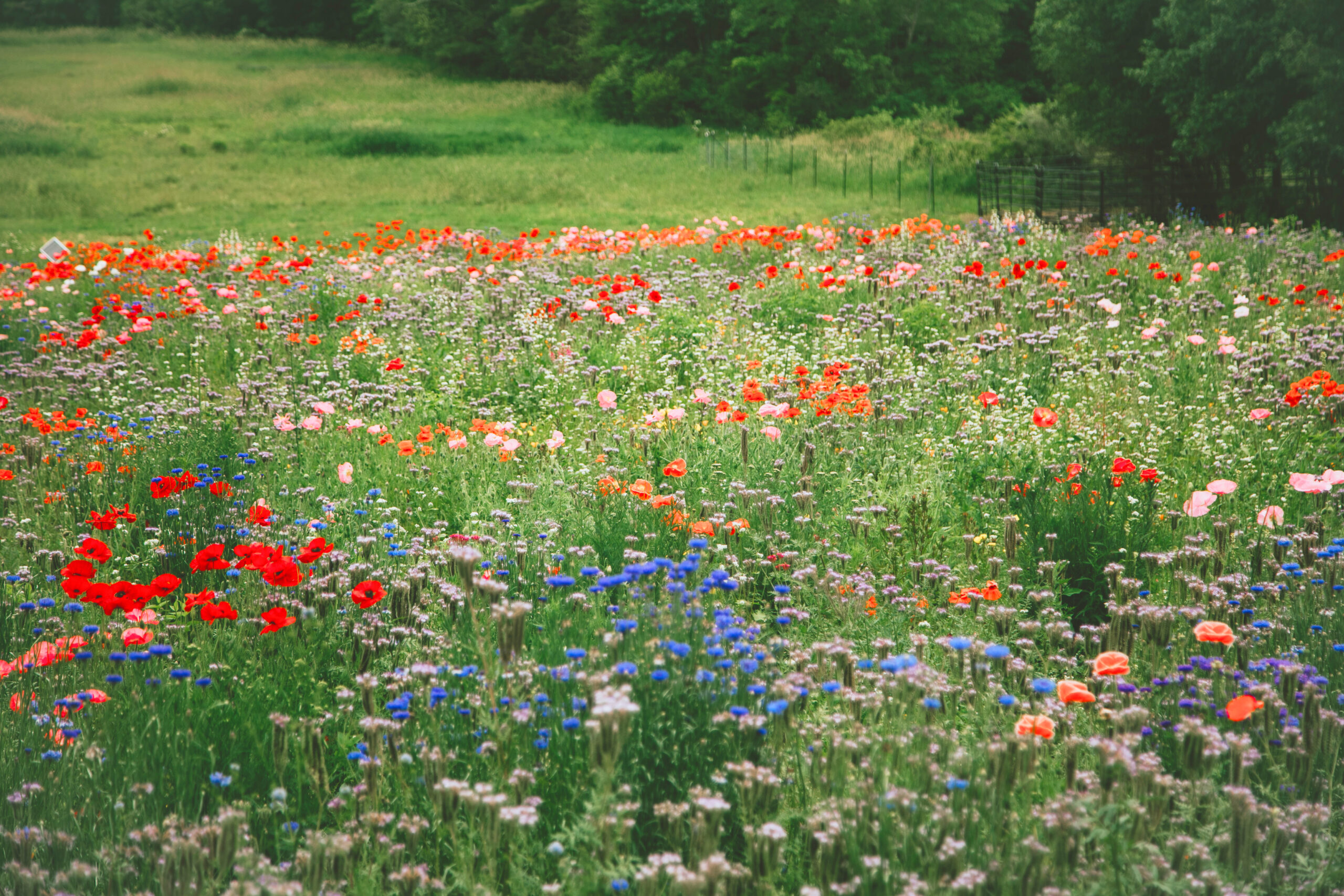
In the past twenty years, habitat loss, pests, pathogens, a lack of genetic diversity among pollinator species, and the reckless use of pesticides has caused a drastic drop in the United State’s pollinator population. Between April 2020 and April 2021 alone, beekeepers report losing 45.1 percent of managed honey bee colonies. This loss of pollinators impedes the function of successful ecosystems and poses a direct threat to farmers’ ability to successfully grow food. According to the United States Department of Agriculture (USDA), about “one mouthful in three in our diet directly or indirectly benefits from honey bee pollination.”
What are the Rights of Nature?
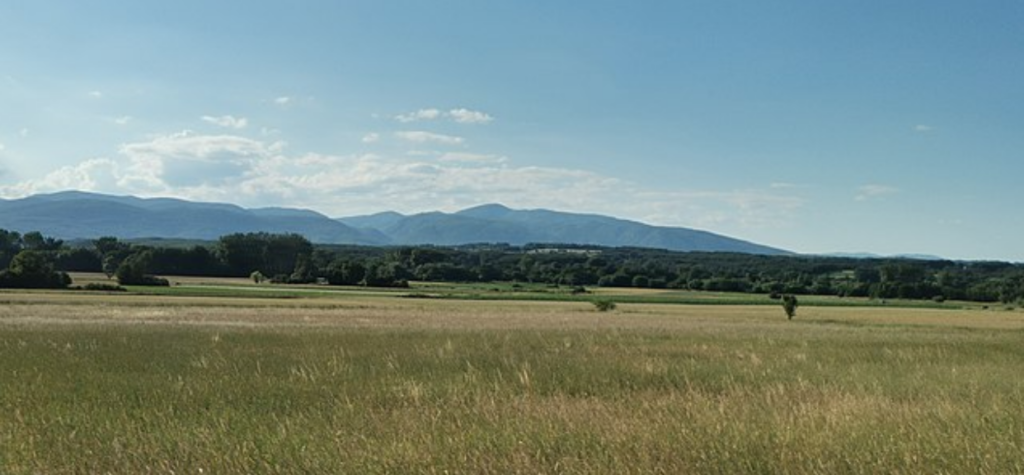
An ecologically responsible, regenerative approach to land management is at the center of Agrarian Trust’s effort to conserve and increase access to farmland across the United States. When a farmer signs on an Agrarian Commons lease, they agree to adhere to a high standard of ecological land management, and to respect specifically defined “Rights of Nature,” which are included explicitly in the lease. Listed here, the Rights of Nature in the Agrarian Commons lease include, but are not limited to:
